detail profile j c3 b3zef kondrat
Peran Yang Di Mainkan Józef Kondrat
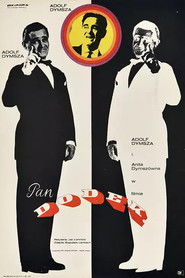 A cinematic ode to actor Adolf...
A cinematic ode to actor Adolf...Pan Dodek 1971
A cinematic ode to actor Adolf Dymsza, one of the biggest stars of pre-war Polish cinema. The film combines footage from Dymsza's new movies and contextualises in the frame story of Mr. Dodek, a retired actor who recounts his past exploits while trying to earn an allotment for a plot of land.
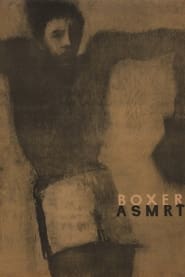 Concentration camp commander Kraft finds out...
Concentration camp commander Kraft finds out...The Boxer and Death 1963
Concentration camp commander Kraft finds out that prisoner Kominek is a former professional boxer. Overnight, the prisoner is made Kraft's exercise partner and unwillingly rises to a privileged position at the camp. His anger over the death of his friend and co-prisoner leads to open revolt. The film brings a new view of human degradation during fascism by a tragic story of one man whose only chance for survival is to accept the rules of an unequal game.
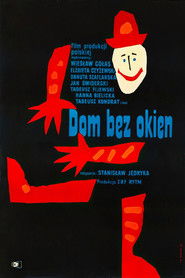 All the ambiance of an oldfashioned...
All the ambiance of an oldfashioned...The Impossible Goodbye 1962
All the ambiance of an old-fashioned circus comes across with great clarity in this otherwise routine psychological tale about a mean-spirited mime and his effects on his colleagues. The small, traveling circus has been sliding downhill for awhile, and unless some new life is infused into its acts, its future does not look very rosy. Into this precarious situation comes a new mime with the uncanny ability to sap the confidence of his fellow performers. If he continues for long in this vein, no one will be able to believe they have any talent left at all.
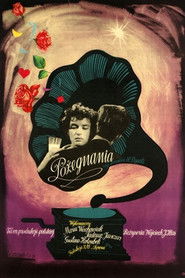 The story takes place before World...
The story takes place before World...Farewells 1958
The story takes place before World War II and centers on Pawel, a member of a conservative, middle-class family, and his love for Lidka, a taxi dancer. Social conventions and the lovers' inability to defy those forces Pawel and Lidka benefit. Times change, war breaks out, leading to Pawel sent to Auschwitz while Lidka marry his cousin. Their love has survived and conventions are no longer the issue.
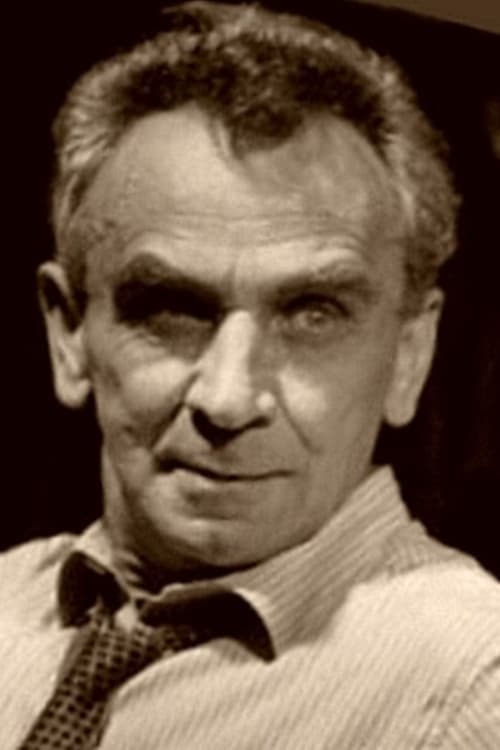
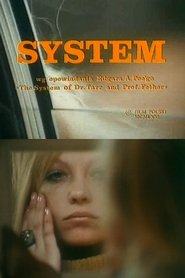 An alternately restrained and outrageous adaptation...
An alternately restrained and outrageous adaptation...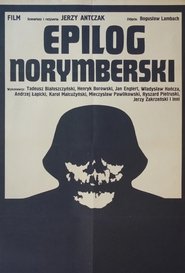 Reproduction of the Nuremberg trials using...
Reproduction of the Nuremberg trials using...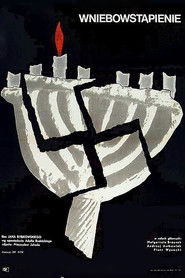 The strain of German persecution causes...
The strain of German persecution causes... A young boy must go to...
A young boy must go to...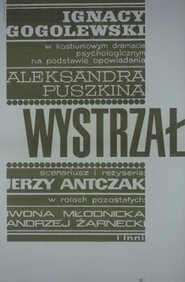 Study of a man obsessively seeking...
Study of a man obsessively seeking...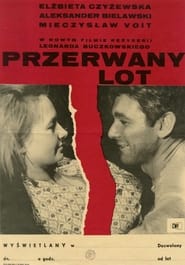 The reminiscences of a Russian pilot...
The reminiscences of a Russian pilot...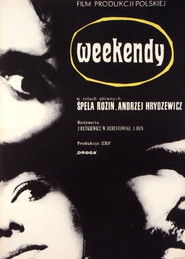 An intimate psychological drama consisting of...
An intimate psychological drama consisting of...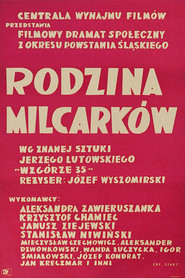 The fate of a workingclass family...
The fate of a workingclass family...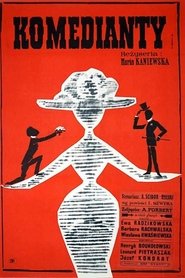 Two travelling actors break from their...
Two travelling actors break from their...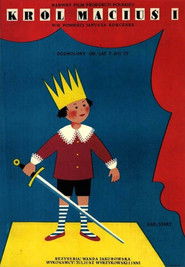 A 10year old boy becomes a...
A 10year old boy becomes a...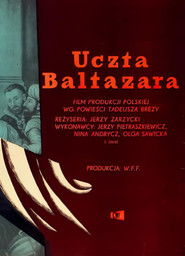 Engineer Andrzej Uriaszewicz returns to Poland...
Engineer Andrzej Uriaszewicz returns to Poland...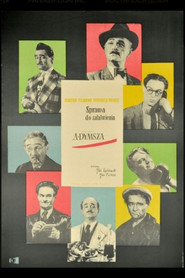 A series of misfortunes plagues a...
A series of misfortunes plagues a...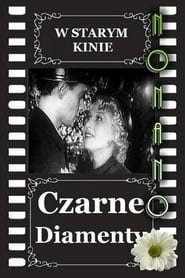
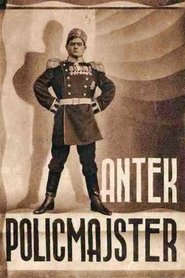 A wanted Pole arrives in Tsarist...
A wanted Pole arrives in Tsarist...